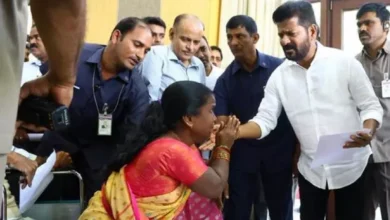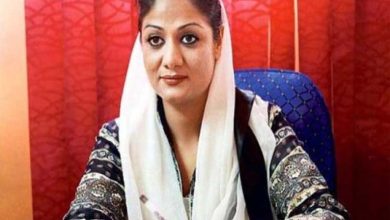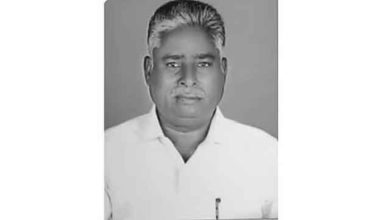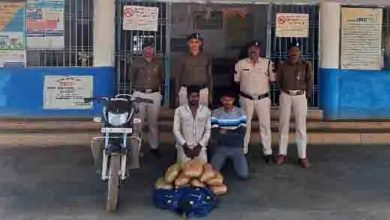RSSDI doctors to adopt 100 villages to give standard diabetes care for the rural poor
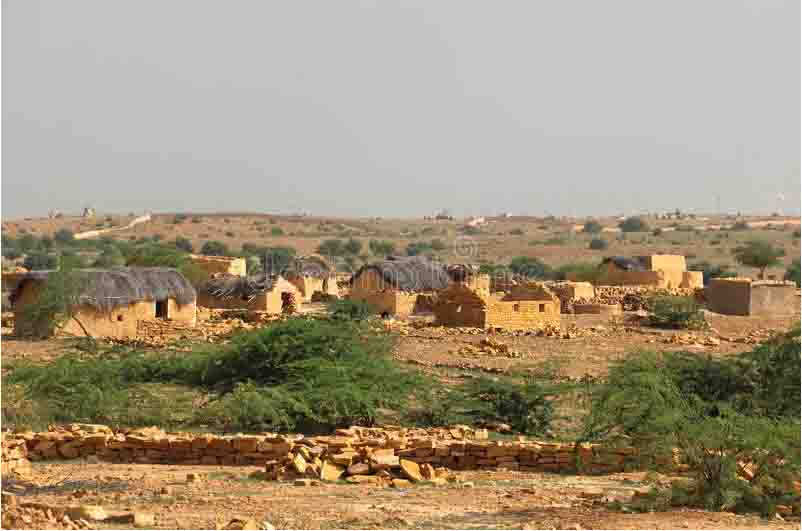
The Research Society for the Study of Diabetes in India (RSSDI) is in the process of adopting 100 villages across the nation with an aim to provide standard diabetes care, upskill the villagers to follow diabetes management, screen obesity and hypertension among villagers, and conduct periodic educational sessions on diabetes and other non-communicable diseases (NCD) under the supervision of highly-qualified doctors.
RSSDI members who are renowned doctors will do field visits to the adopted villages at a predefined frequency. People will be screened for diabetes and other non-communicable diseases such as hypertension, and obesity. Those diagnosed with diabetes or other diseases will be connected with the local health centres.
RECOMMENDED FOR YOU
1Another ‘Rahul Gandhi’ who contested from Wayanad was disqualified
2Covid-19 update: India logs 3,095 fresh cases, five deaths
3Some steps taken by Beijing along India-China border provocative, says White House official
Pune-based Dr Sanjay Agarwal, national secretary of RSSAI, told The Indian Express that RSSDI’s village adoption programme will include community-based screening, completion of a community-based assessment checklist (CBAC), community mobilisation and health promotion, referral for those who are suspected of any of the non-communicable diseases to the Primary Health Center (PHC) and follow-up of those who are diagnosed with any of these NCDs and check adherence to the treatment plan.
RSSDI doctors to adopt 100 villages Dr Sanjay Agarwal, national secretary of RSSAI.
RSSDI is in talks with Rotary India to execute the programme. The authorities are determined to maximise this opportunity to reduce the diabetes burden in rural India.
Apart from Aggarwal, the initiative is led by Dr Brij Mohan Makkar, RSSDI national president, and others.
The goal of the village adoption programme is to provide a timely diagnosis to people living in poor conditions in far-off rural areas to prevent complications and help in reducing the increasing burden of diabetes in the country.
The level of physical inactivity among Indian adults is around 13 per cent and increasing obesity is becoming one of the major factors behind rising incidences of diabetes, said the doctors.
“After receiving the government’s approval, RSSDI will assist the ASHA workers in the prevention of non-communicable diseases,” said Dr Agarwal, adding that RSSDI will provide assistance in the form of blood glucose meters, strips, BP instruments and educational material.
The doctor said that the risk factors for non-communicable diseases include poverty, poor diets like intake of foods rich in fat, salt and sugar, consumption of tobacco, excessive use of alcohol and stress. “However, all these can be effectively reduced through concrete prevention measures and RSSDI’s village adoption is among one of those concrete measures for preventing non-communicable diseases and reducing the growing diabetes burden,” said Dr Agarwal pointing to the fact that diabetes is rapidly increasing in the rural population
“We also aid in conducting educational sessions for the rural population to combat diabetes by changing lifestyle patterns and dietary habits,” Dr Agarwal added.
The rural population will also receive educational sessions where RSSDI will supplement local healthcare professionals with knowledge and skills in diabetes management via online and offline interactions.

